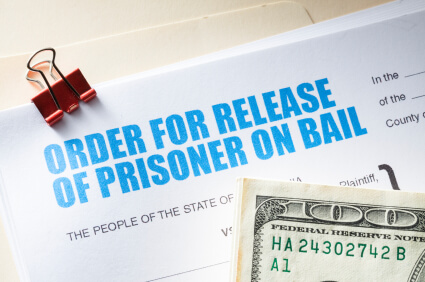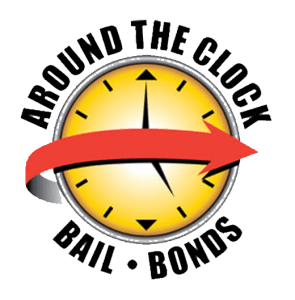Common Bail Bond Mistakes
Bail Bonds Explained
For adult criminal cases, bail is an amount of money that criminal defendants must deposit as a guarantee that they will return to court. Bail isn’t a punishment. It’s simply a way to guarantee that a person accused of a crime will come back to stand trial. It’s up to the judge to decide the amount of the bail bond. The law requires that the amount be set according to what the defendant can afford. However, it can also depend on the type of crimes committed, whether the person is a repeat offender, as well as if there’s a risk they will not return to court. Typically, the accused is arrested and jailed. At an arraignment, the judge decides the bail amount. In order to get out of jail once bail has been set, either the defendant or a friend must post bail.
Failing to Give a Proper Address
Some common bail bond errors are clerical in nature. For example, the wrong address may be given. This is important because, in most states, a bonding agency has every right to get a defendant sent back to jail, without refunding any fees, if they discover a wrong address was provided. Some key tips to remember are: make sure to use a street name or avenue appropriately, for example, 52nd Street is different from 52nd Avenue. It is also important to have the correct spelling of a street name as well as providing the correct number of the residence. Include any apartment number or floor level. Also include the city, state and zip code.
Getting Arrested For the Same Crime
If the accused gets arrested again for the same crime, the bond agency is legally permitted, by most states, to come off of the bond all together. The bond agency would be able to keep any monies they received for the first arrest. This can be avoided by having a contact or an attorney notify the bond company. By doing so, the bond company won’t be able to come off the bond since they were notified of the second arrest. The defendant will be behind bars, so having someone notify the bond company on their behalf is important.
Failing to Notify the Bail Company after an Arrest for a Different Crime
If the accused is arrested for a different crime and the bond agency isn’t notified, but discovers this new arrest by way of a “failure to appear” bench warrant issued when the defendant wasn’t able to appear for the original court hearing, then the bond agency has a legal right to turn the file over to a bail recovery agency. This means the defendant has to pay more fees and expenses. One way to avoid this is by having either an attorney or a contact notify the bond agency as soon as an arrest has been made. Hundreds of dollars could be at stake if updates are not given to bond agencies.
Failing to Notify the Bail Company about Out-Of-State Travel
By law, a bail company is allowed to revoke a bond without refunding any fees paid to them in the first place, if they haven’t been notified of a defendant’s out-of-state travel. As soon as a defendant needs to travel, notifying the bail agency should be a main priority. This can be done either directly or through a contact person or attorney.
Being convicted of a crime brings on stress and many decisions must be considered for the best possible outcome. Thinking through and being aware of all requirements can be the best way to get the desired result.



